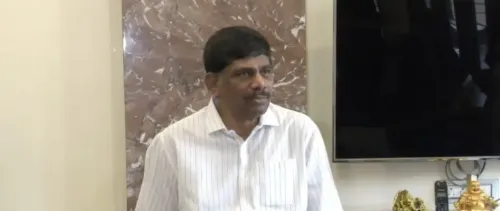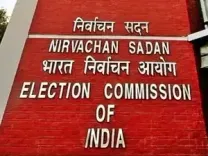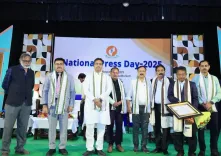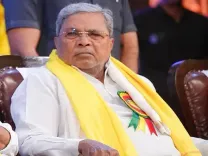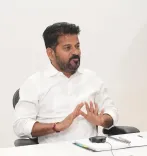What Leads to the Massive Protests in Pakistan-Occupied Kashmir?
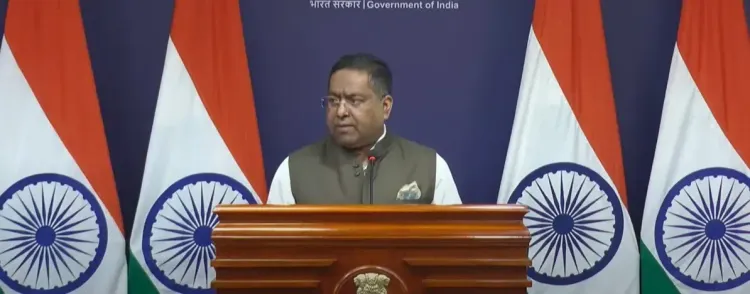
Synopsis
Key Takeaways
- Protests in PoJK highlight local grievances.
- India condemns Pakistan's oppressive tactics.
- Calls for reforms are gaining momentum.
- Human rights violations are a critical issue.
- Future of the region remains uncertain.
New Delhi, Oct 3 (NationPress) India has referred to the extensive protests occurring in Pakistan-occupied Jammu and Kashmir (PoJK), which have tragically led to the deaths of more than a dozen individuals, as a natural outcome of Pakistan's repressive tactics and systematic exploitation of resources from these areas.
During a regular media session in New Delhi, Ministry of External Affairs (MEA) spokesperson Randhir Jaiswal highlighted India's awareness of the protests erupting across various regions of Pakistan-occupied Jammu and Kashmir, alongside the atrocities perpetrated by Pakistani forces against local residents.
"We have observed reports detailing protests in multiple locations of Pakistan-occupied Jammu and Kashmir, including the violence inflicted by Pakistani forces on innocent civilians. We contend that this is a natural repercussion of Pakistan's oppressive policies and the systematic extraction of resources from these territories, which are unlawfully occupied. Pakistan must be held responsible for its egregious human rights violations," Jaiswal stated to reporters.
Reasserting India's position, the MEA spokesperson declared that Jammu and Kashmir, along with Ladakh, will perpetually be an inseparable part of India.
"Jammu and Kashmir and Ladakh are intrinsic to India, will continue to be, and have always been an integral part of India. Those regions (PoK) are undeniably ours," he expressed.
This statement follows a period of violent clashes in Pakistan-occupied Kashmir, which has resulted in fatalities, including police personnel, and numerous injuries during protests sparked by the Joint Awami Action Committee (JAAC), advocating for reforms and improved public services in the area.
Business activities have been brought to a halt in PoK due to the strikes, causing communication disruptions. Reports indicate violence in Dhir Kot and other areas, with local officials stating that 172 police personnel and 50 civilians have sustained injuries in the confrontations.
The areas of Muzaffarabad, Mirpur, Poonch, Neelum, Bhimber, and Palandri have come to a standstill following the strike initiated by JAAC leader Shaukat Nawaz Mir, as reported by Pakistani daily The Express Tribune.
Shops have remained closed, roads obstructed, and internet services curtailed in Muzaffarabad, except in regions bordering Khyber-Pakhtunkhwa.
Three police officers lost their lives, and nine were injured during an attack by armed members of the JAAC in Dhir Kot, as reported by the daily. The JAAC has been vocal about several demands, including the elimination of privileges enjoyed by the ruling elite, the dissolution of 12 assembly seats assigned for refugees, and the abolishment of the quota system. Additionally, the committee has called for universal education, accessible healthcare, judicial reforms, and the establishment of an international airport in the region.
Shaukat Nawaz Mir, a prominent leader of the Awami Action Committee in PoK, criticized the Pakistani government and military for oppressing the local population, likening them to a witch intent on harming their own people.
He further accused authorities of stifling the voices of ordinary citizens, silencing the media, and questioned the legitimacy of Pakistani forces who "kill those they claim to represent."


